Don’t Blow Your Air: Six Conserving Tips for Divers
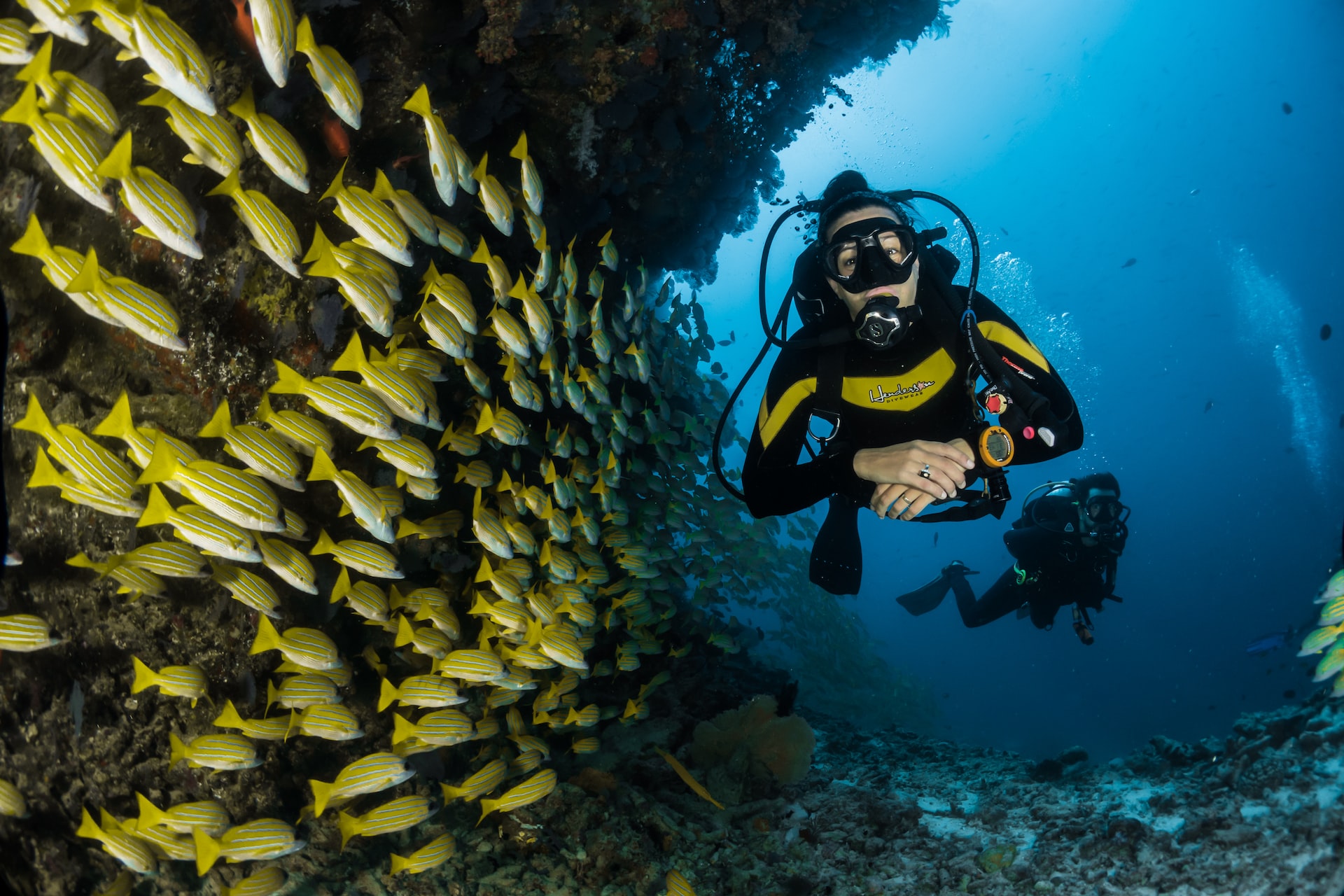
As a diver, you probably love going deep. After all, that’s where the beauty of diving lives. However, the deeper you go, the more careful you need to be with your air supply. So, how do you conserve your diving tank without sacrificing the fun? Here are six tips for diving more efficiently.
Check Your Equipment for Leaks and Fix Accordingly
There are few things more risky during diving than having to deal with a leak. Unfortunately, even the smallest of leaks could mean less air for you. To prevent this from happening, test your diving equipment before heading out on any dives. If you find any leaks, fix them as soon as possible so that your diving tank will be fully functional during your entire diving trip.
Avoid Excessive Movement
More movement means more air consumption. Suppose you have to do any tasks while diving, such as putting on equipment or checking gauges, try not to make it into a tasking project. Instead, do everything as quickly and smoothly as possible to avoid diving with unnecessary excess movements.
Be Mindful of Your Breathing
Breathing underwater can be difficult, especially for beginners, because it requires more effort than land. That’s why diving experts recommend that divers regulate their breaths when diving, so they don’t use up too much air. Ensure you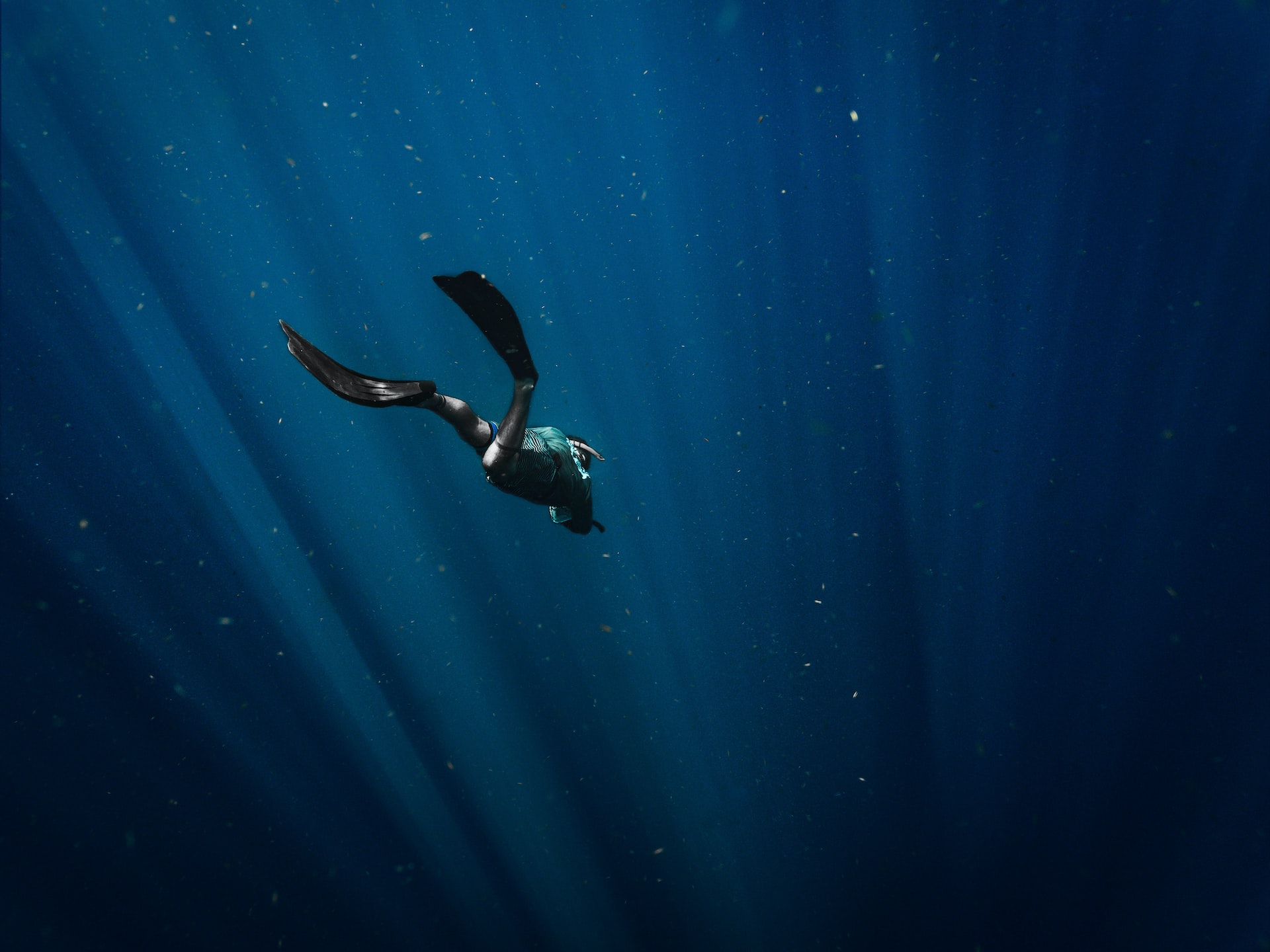 r breathing is slow and steady so that your diving tank has more time before running out.
r breathing is slow and steady so that your diving tank has more time before running out.
Use Less Weight
If you are diving deep, it’s usually because you need some extra help reaching that depth. However, this also means using more weights – which uses up your precious air. If you can, try diving without as much weight to conserve your tank and enjoy the dive all that more.
Be Slow
Diving is one sport where high speed doesn’t always mean going better. In fact, divers should move slowly to conserve their diving tank and maximise the time they spend underwater. So take your time when diving, and you’ll still enjoy all that there is to see while using less of your diving tank.
Be Streamlined
When diving, you should always be streamlined. This means that your body position is perfect so that the least amount of energy possible will get used up while you are diving. Less energy consumption means less air consumption. So, try not to let anything stick out too far – especially when putting on diving gear during a dive.
Rule of Thumb: Don’t get too caught up in deep diving that you end up forgetting about surface time. Surface diving is just as much diving as deep diving, and using your air tank can be tricky in this environment, too. So make sure you are mindful of the air you use in the water so it won’t run out before getting back to the shore.
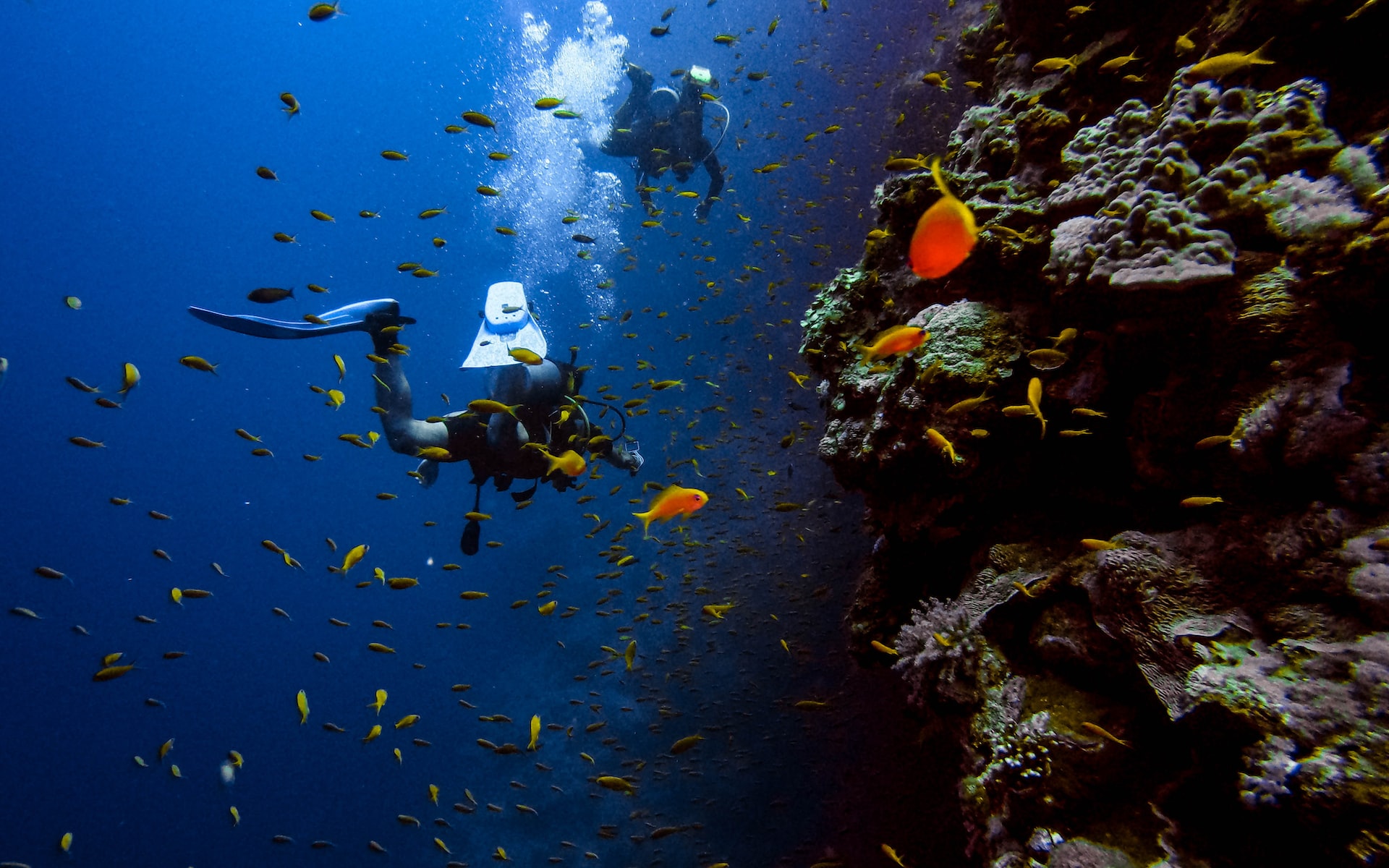
 can be attached to your BCD (buoyancy control device) or wrist, and it points in the direction you are facing so that you
can be attached to your BCD (buoyancy control device) or wrist, and it points in the direction you are facing so that you 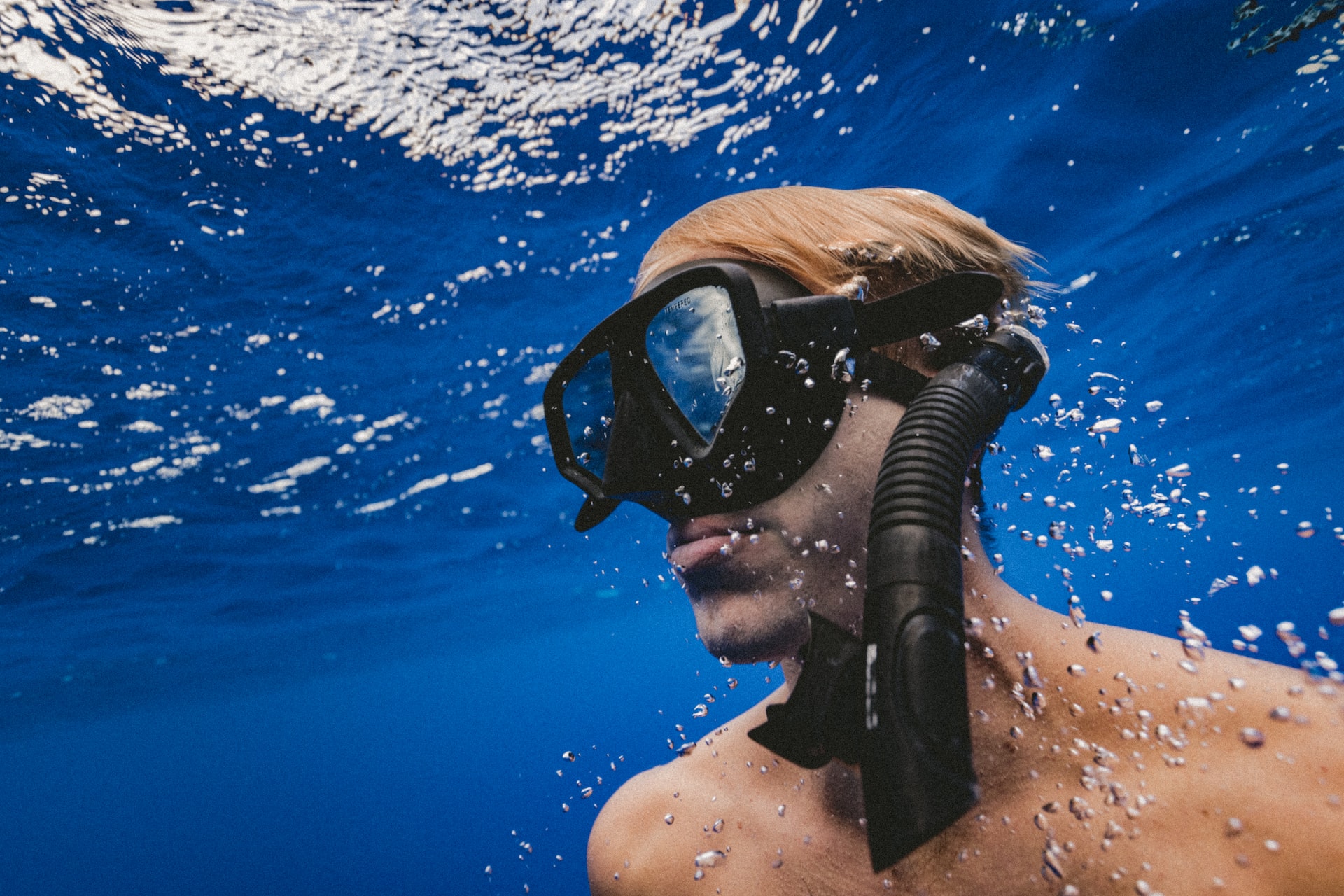
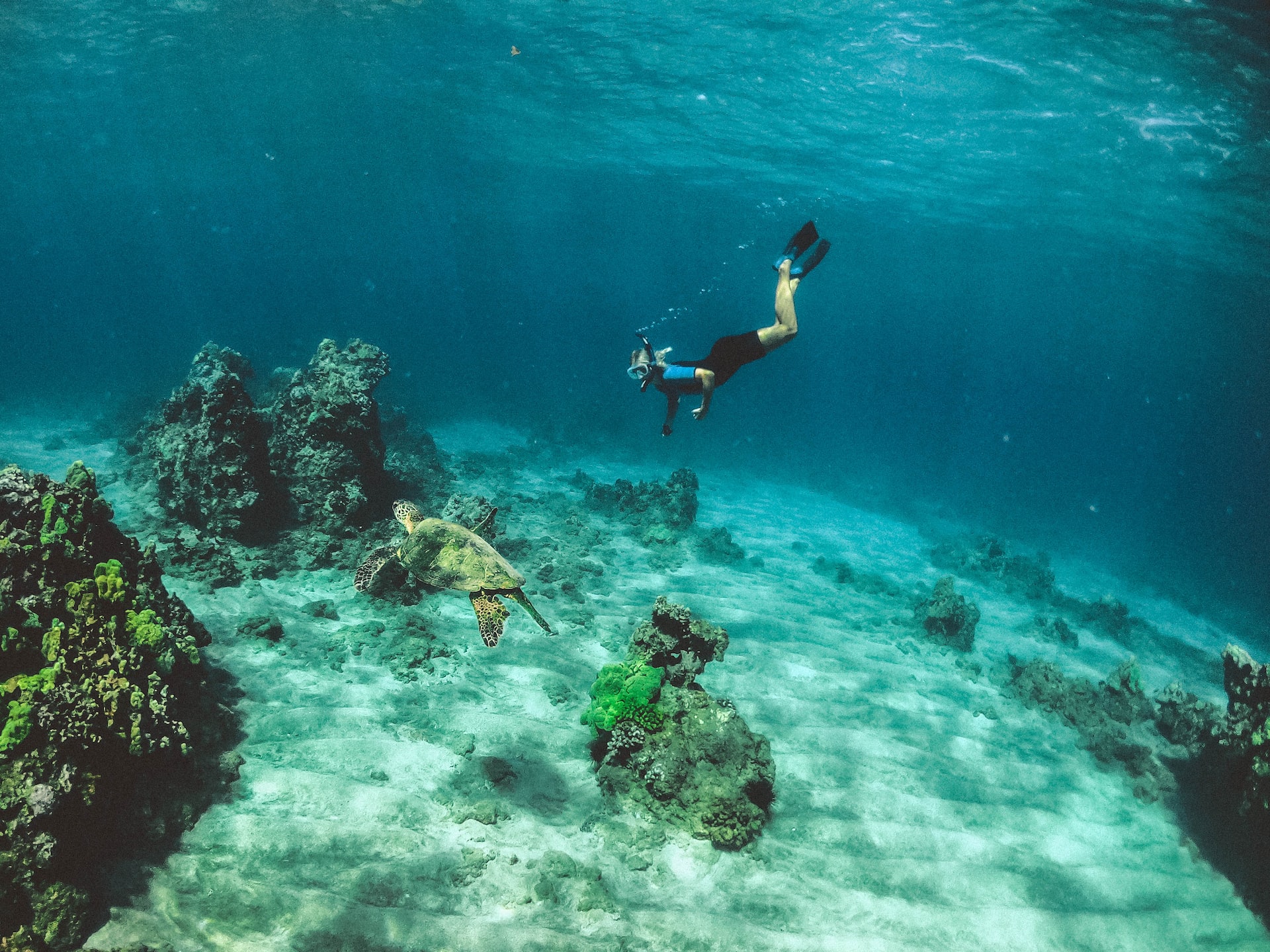 our chances of vertigo. For example, if you wear a low-volume, frameless mask with no skirt to keep it sealed against your face, vertigo is possible because there is less airspace between the water and your eardrums.
our chances of vertigo. For example, if you wear a low-volume, frameless mask with no skirt to keep it sealed against your face, vertigo is possible because there is less airspace between the water and your eardrums.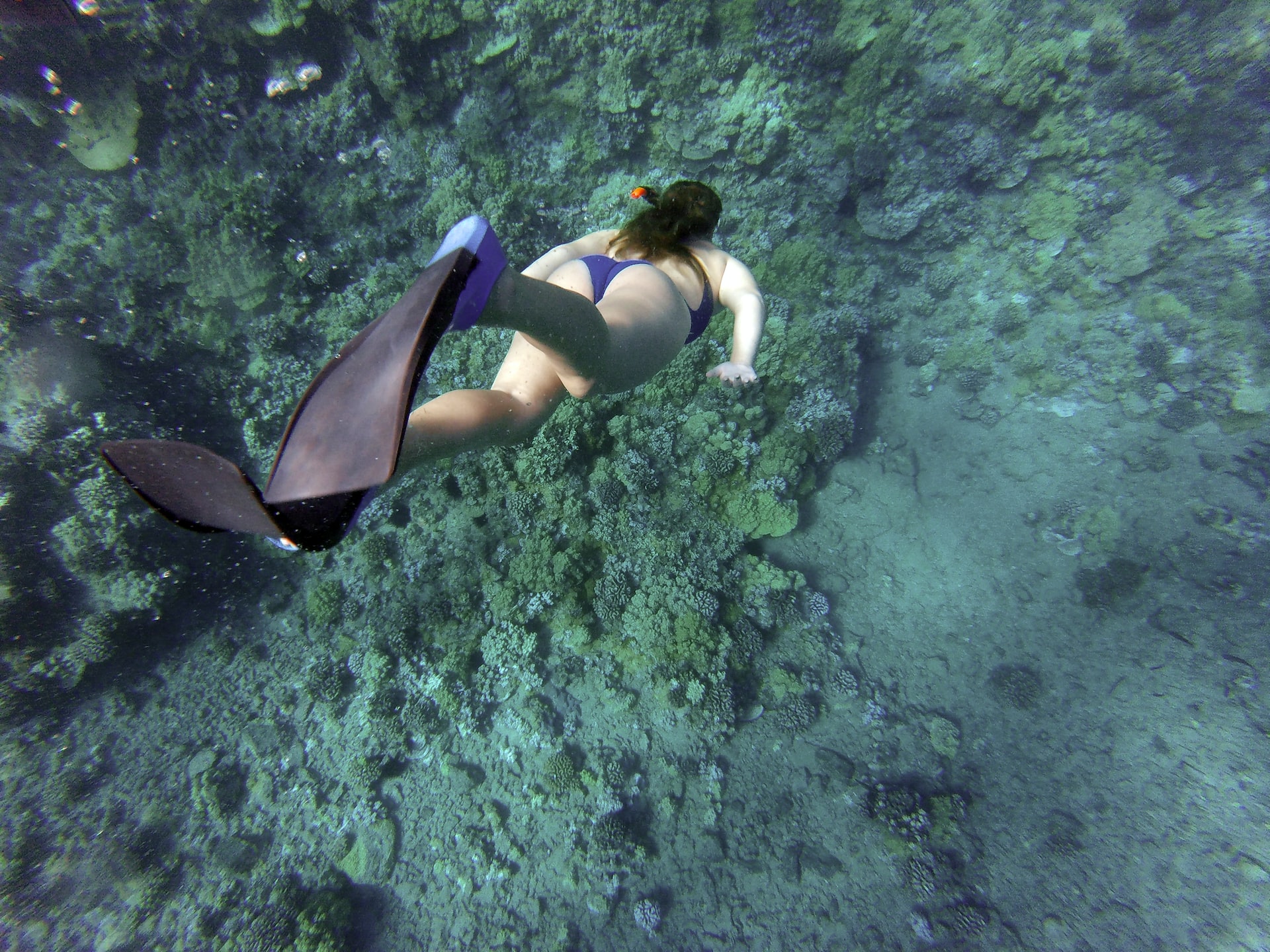

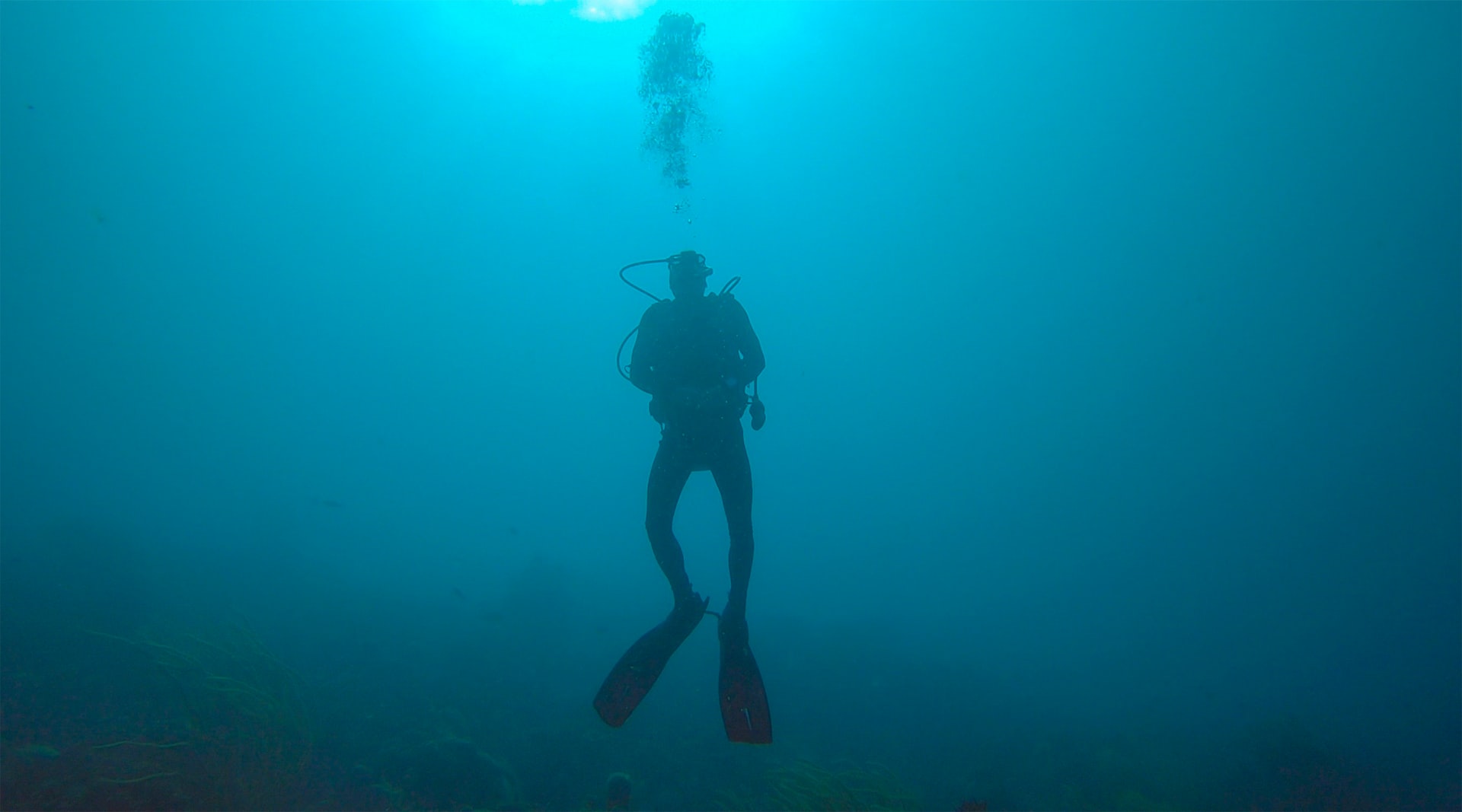
 d to know what they’re doing, and diving experience indicates that they have been diving long enough to be good instructors.
d to know what they’re doing, and diving experience indicates that they have been diving long enough to be good instructors.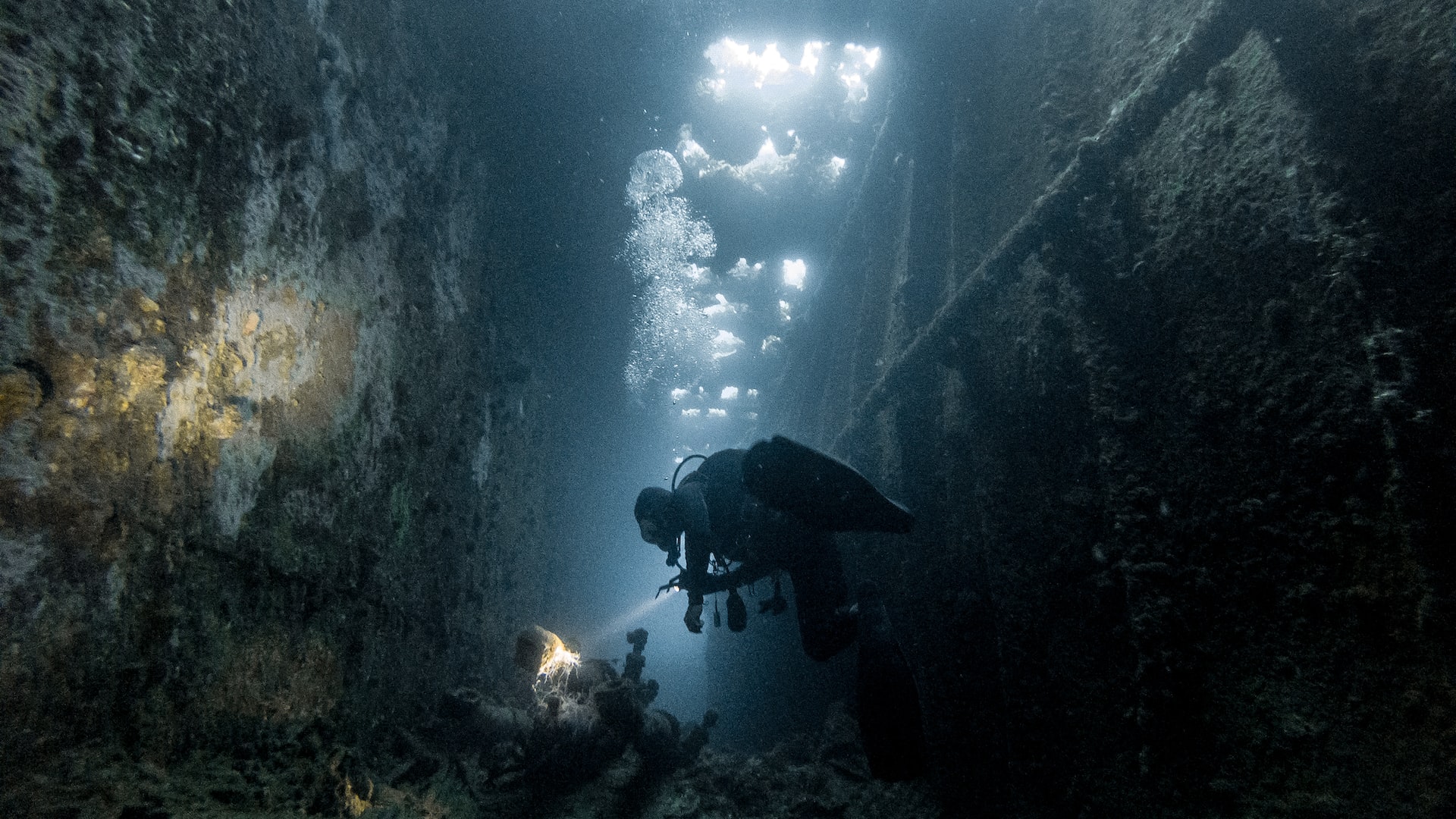
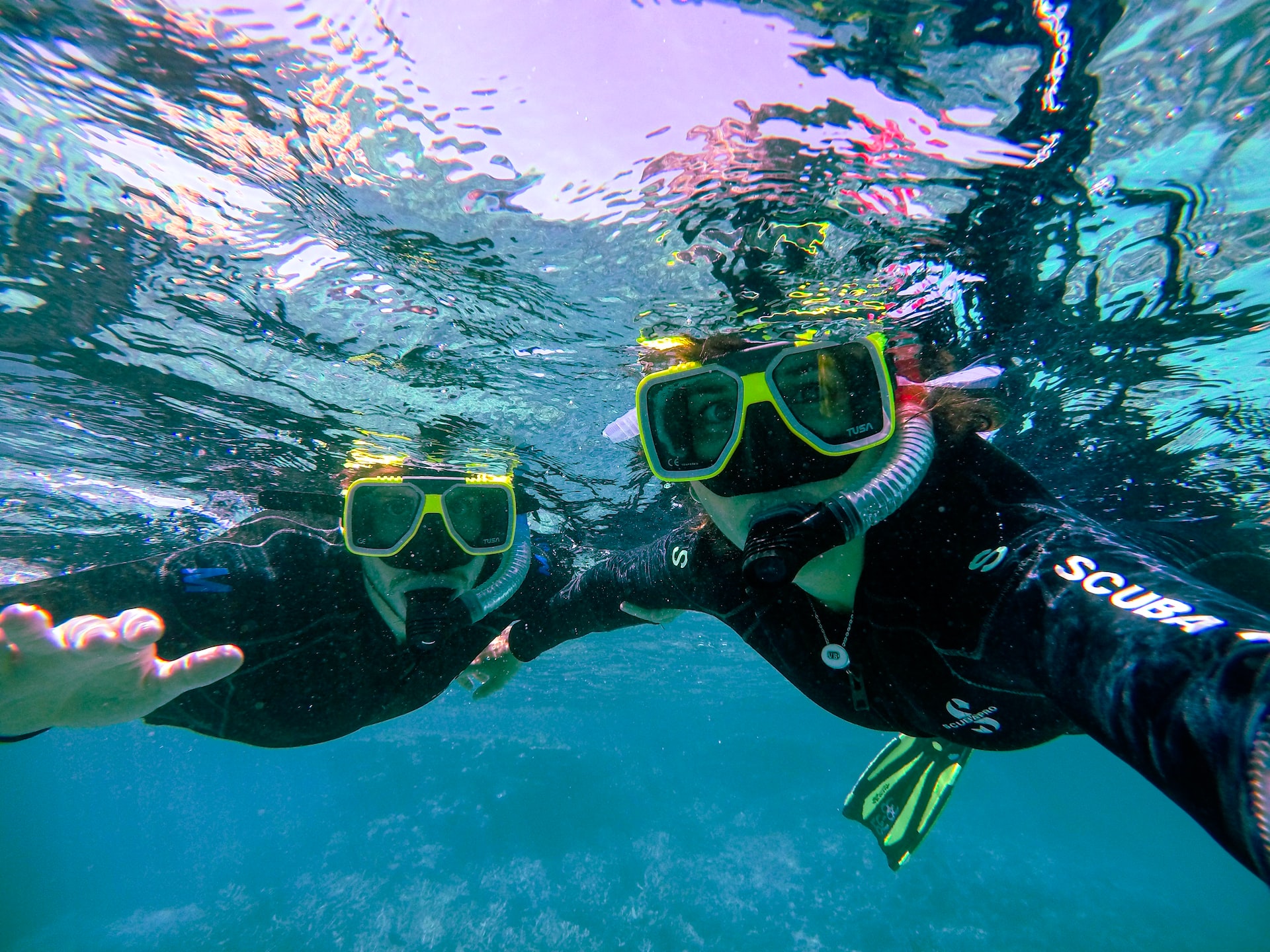 and experience are essential for the safest and best experience.
and experience are essential for the safest and best experience.
 else on the planet! The divers even get a chance to discover new species during the adventure.
else on the planet! The divers even get a chance to discover new species during the adventure.